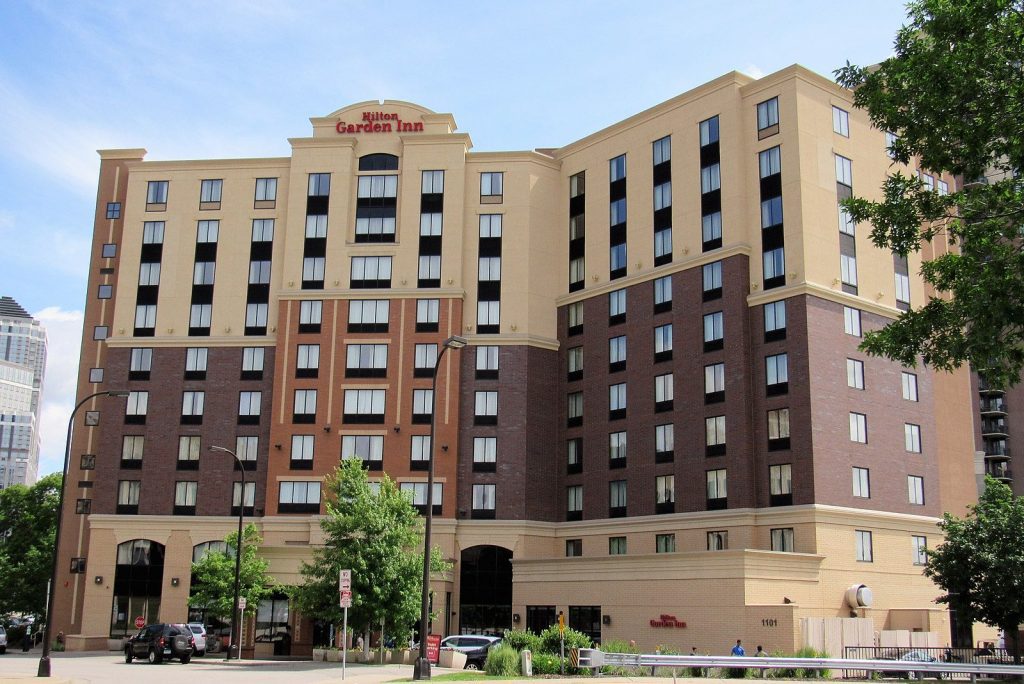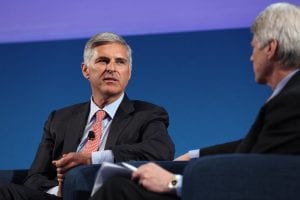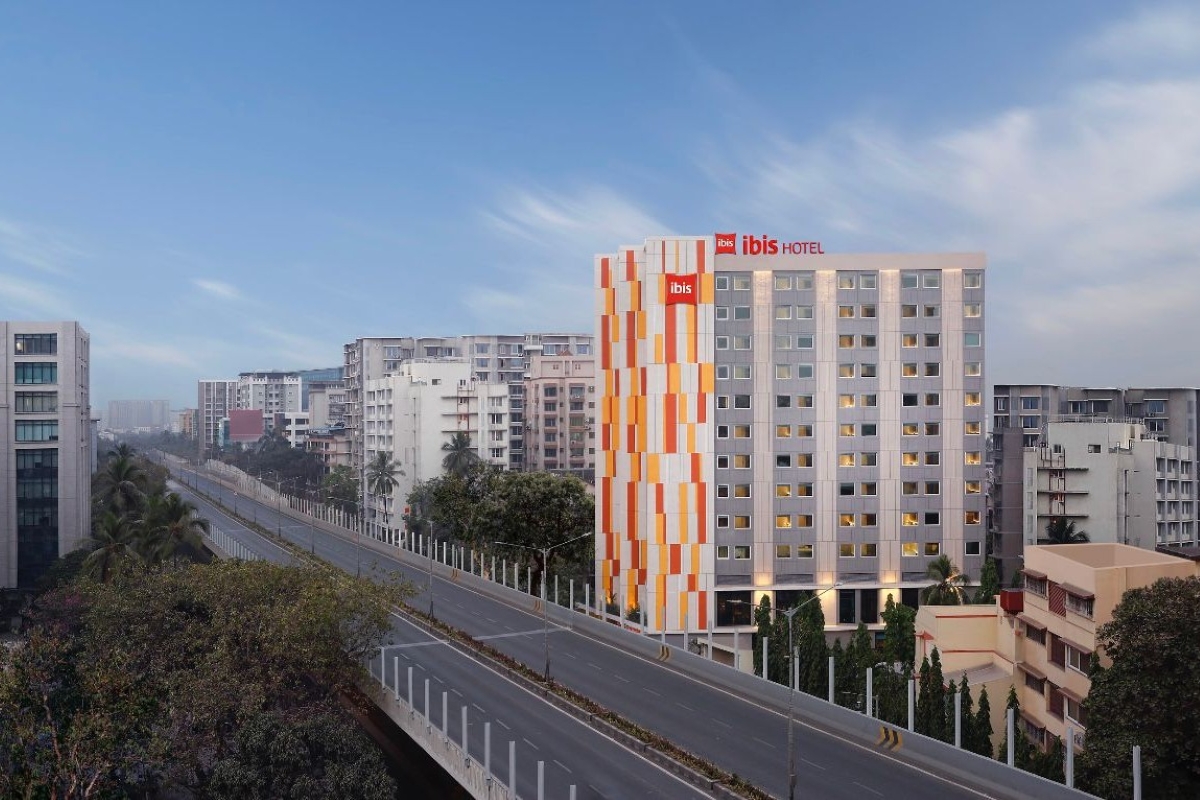Hilton’s Recovery Won’t Depend on People Flying Again: CEO

Skift Take
Coronavirus crippled the global travel industry, but human behavior in the economic recovery lends itself to a quicker bounce back for hotels over airlines, according to Hilton’s chief executive.
Hilton CEO Christopher Nassetta, like many hotel executives and analysts, anticipates local and drive-to travel will recover first from the coronavirus downturn in travel. Occupancy rates cratered to the point where Hilton temporarily suspended operations at 950 hotels until demand returns to a level justifying reopening. But Hilton won’t need airlines to rebound in lockstep for the hotel company to begin its own bounce back from coronavirus.
“I think airlines are way behind. Those that are willing to travel are only willing to go so far from home,” Nassetta said Thursday on a first quarter earnings call. “We will show recovery at a faster pace because we can accommodate the kind of demand airlines can’t.”
Get the Latest on Coronavirus and the Travel Industry on Skift's Liveblog
The travel industry generally expects leisure travel to bounce back first followed by business travel and group bookings like conventions to come last. While analysts have questioned in the past if global brands like Hilton and Marriott have too many brands under their belt, Nassetta touted Hilton's brand reach as a benefit to capture the first wave of travelers that won’t rely on an airplane to take them to their first post-pandemic vacation.
“While we’ve seen a little bit of pick up, I would argue almost all of it has been in drive-to. We have a big portfolio and a lot of brands,” Nassetta said. “We have thousands of limited service hotels in the U.S., almost 4,000 of them, and they are well set up for that local and drive-to business.”
Drive-to travel will help thousands of Hilton properties begin their road to recovery, but some level of airline support is needed to get the company back to its 2019 performance level. It may take as long as two or three years to reach that peak, Nassetta said.
“To get back to full recovery, the airlines are a negating issue. People have to feel comfortable getting on planes and flying,” he added. “To get to full recovery, you have to have that, but I absolutely believe you can get a significant amount of recovery before you get there.”
Further Declines Ahead
Hilton posted first quarter earnings generally in line with analyst expectations. Revenue per room, or RevPAR, was down nearly 23 percent and net income was $18 million for the first quarter, the first fiscal quarter since coronavirus began its global spread.
Before Hilton will see a recovery, it still has to overcome the first half of 2020.
“I do think the second quarter is going to be very bad, but I do think you will start, as you get reopening around the world, you will start to see a recovery as you get to the third and fourth quarters,” Nassetta said. "Given how low the second quarter is, it will look like a pretty decent snapback."
Hilton is still positioned for further growth beyond the pandemic. The company’s development pipeline grew by 29,500 rooms, or 9 percent, in the first quarter to a total of 405,000 rooms in development. Hilton also added 8,800 new hotel rooms to its available supply in the quarter. While the coronavirus outbreak temporarily stalled development, Hilton’s executive team doesn’t expect the delays to evolve into something permanent.
“About a third of the hotels we had under construction went into some form of suspension, but about half those hotels under suspension are back under construction,” Hilton Chief Financial Officer Kevin Jacobs said. “Largely, every project, we think, will resume construction over the balance of the year.”
Hilton, similar to what Wyndham Hotels & Resorts’ executive team announced during a Monday earnings call, is also anticipating hotels converting to Hilton-flagged properties will fuel growth in the recovery. While current transaction activity is low, Jacobs said there are conversion deal talks already underway.
Requirements for Recovery
The entire travel industry, to fully recover, needs widespread coronavirus testing, treatment, and an eventual vaccine.
“We will hopefully have a vaccine. We will certainly have better therapeutics,” Nassetta said. “I think as people then start to feel like this is a safe environment, they are going to go back largely to old behaviors. That’s what history would tell you.”
Until mass testing, treatment, or a vaccine is available, Hilton is working at the legislative level to help operators buoy into recovery mode. Nassetta has been in talks with the Trump administration regarding what the hotel industry needs for a future stimulus plan. But Nassetta made a point of noting Hilton itself has neither applied nor received relief funds on its own.
“We don’t need it,” he added. “We haven’t asked for it in any way, shape, or form.”





